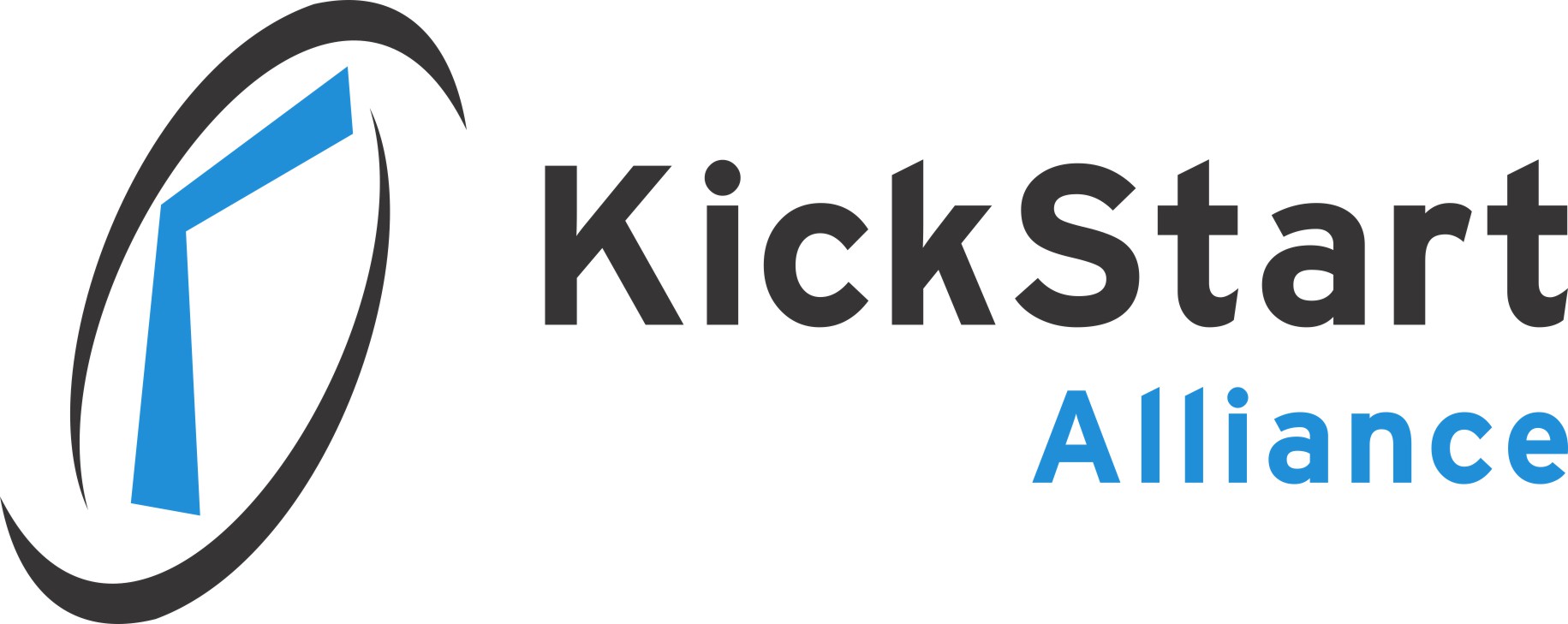This article is an excerpt from Mike Gospe’s guidebook, Marketing Campaign Development.
An often misunderstood role in business is that of the marketing campaign manager—a senior individual contributor role used to unite a cross-functional sales and marketing team in order to develop compelling and integrated marketing campaigns.
It has been proven that leadership in this role can dramatically improve the results of any marketing campaign or new product launch. I worked as a campaign manager and then as a director of the campaign management team for eight years at HP, Sun, and Ariba. Today I coach campaign managers throughout the high-tech industry. If you are a campaign manager or work with campaign managers, here’s what you need to know about this critical role.
Characteristics of an Effective Marketing Campaign Manager
This is a very challenging and rewarding role. But, it’s not for everyone. Success requires a balance of marketing savviness and political sensitivity. Here are a few characteristics of some of the best Campaign Managers:
- Market & marketing savvy.
- Proven leadership in “managing by objective” (i.e. they don’t micromanage).
- Diplomatic and politically astute.
- Patient.
- A good facilitator, seasoned in active listening techniques.
- Excellent written and oral communicator with the team, upper management, & with the steering committee.
- Knows when and how to provide constructive feedback and guidance in real time.
- Prepared to make hard decisions and trade-offs for the greater good of the campaign.
- Most of all, don’t let their ego get in the way of sound decision-making.
Five key skills of effective marketing campaign managers
Along with the above characteristics, the most successful campaign managers also have honed the following skills.
- They are experienced all-around marketing athletes with proven leadership abilities. Clearly, the best campaign managers understand how marketing works. They have deep marketing knowledge in at least one of the following areas: customers and target markets, marketing strategy creation, product knowledge, marketing expertise in a specific region, proven leadership in a marketing media type (such as field marketing or press relations). In addition, the best campaign managers bring marketing knowledge and political savvy to the role.
- They know when and how to delegate. Campaign managers take their success not from their own actions, but from the accomplishments of the team. They look for opportunities to involve others in mapping the campaign strategy. And in so doing, they encourage and nurture the team’s passion and energy.
- They are excellent in “managing upwards” and gaining and maintaining visibility for the team. Every business has its political nuances. The best campaign managers can spot these and keep the team out of trouble while interfacing with management proactively and effectively. Team players look to campaign managers to resolve or escalate issues when required. Campaign managers are adept at managing the process so that the team players can do what they do best.
- They are accountable, but they don’t micromanage. This is a tricky balance because campaign managers are responsible for delivering the campaign strategy and plan, but they can’t build it alone. Their ultimate success is achieved by being a resource and guide for the team and ensuring that their collective contributions are aligned appropriately. When campaign managers cross the line and micromanage the execution of the specific activities and offers, team members may take offense and sabotage the process. To avoid this trap, the best campaign managers add value, not by dictating action, but by setting clear objectives and timelines and working to remove obstacles. They leave the execution of the details to the functional experts.
- They know how to manage their role as the campaign evolves. The best campaign managers always focus on the “big picture,” lead the charge, and then get out the way. When the go-to-market plan has been created and approved, the role of the campaign manager changes. Initially, the primary duties of the campaign manager are to unite a cross-functional team, guide strategic discussions with the team, and facilitate the development of the marketing plan. Once management approval for the plan has been granted, the campaign manager’s role shifts to focus on results and providing status updates and recommendations for campaign adjustments should market or business conditions change.
For more information on the role of the Campaign Manager, including best practices and templates for creating an integrated marketing plan please visit the Marketing Campaign Development blog or contact Mike Gospe. Mike also provides team and 1:1 coaching for campaign managers.


Trackbacks/Pingbacks